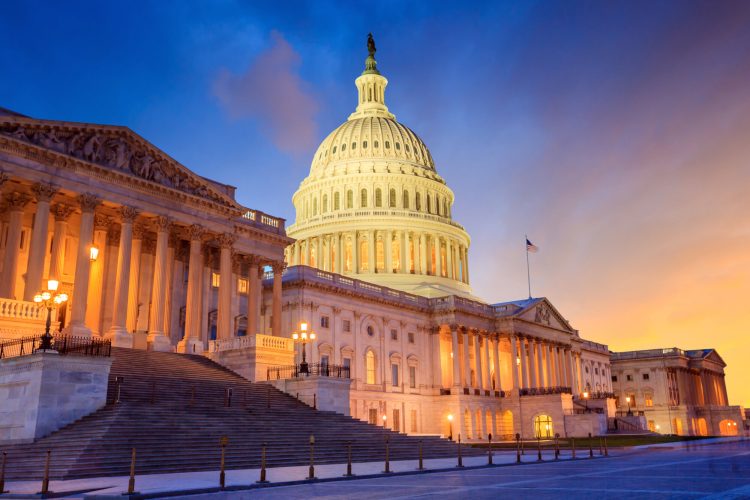This week on Facing the Future, former Director of the Congressional Budget Office discussed the need for making hard choices on the budget. Elmendorf is now a professor of public policy at Harvard’s Kennedy School of Government. Concord Coalition Chief Economist Steve Robinson joined the conversation.
Elmendorf emphasized three key points about the long-term budget outlook. His first point was that current federal policies regarding spending and revenue are almost certainly unsustainable.
“It’s been clear for quite a while that the aging of the U.S. population and rising healthcare spending – in part because we can do more things to help people be healthy and live longer – were driving up federal spending relative to the size of the economy,” he said, “and nothing else is changing enough in the federal budget to offset that force so far. Taxes this year are about the same share of GDP as they were when I was born more than 60 years ago but the number of elderly people is dramatically larger. We’ll have to make some changes that either slow the growth of spending or raise tax revenue, or both.”
Elmendorf’s second point was that we are not in a fiscal crisis now, but acting sooner rather than later would be valuable and prudent. He explained that “a crisis can occur if investors in U. S. government notes and bonds start demanding higher and higher interest rates in order to buy those securities, and that can happen if the investors become worried about whether the government will make the needed changes to ensure that we can keep meeting the obligations that we’re incurring.”
“If interest rates start up in that way,” Elmendorf warned, “then the government’s interest payments would rise that would worsen the imbalance between spending and revenue. That could lead to higher interest rates which would then worsen the imbalance further, and you can end up in a very dangerous spiral. That’s what I think of as a fiscal crisis. So we’re not there now but what you don’t want to do is to wait until you’re in a crisis, because then changes need to be made much more drastically.”
His third point was that putting fiscal policy on a sustainable path should include both tax increases and spending reductions. “That’s absolutely central,” he said, “and every bipartisan group – official groups like the Bowles Simpson Commission and unofficial groups that get together and propose fiscal plans – all end up with combinations of increases in revenue and cuts in spending. That’s what will ultimately happen, and the sooner that everybody can admit that and sit down together the better off we’ll be.”
“Compromise is a positive thing in a world with disparate views,” he added. “In a democratic society, I mean democratic with a small d, where voters express their preferences, there are going to be a range of preferences. The only way to move ahead really is to be willing to compromise with people who disagree with you. Actually, there are lots of ways that one can adjust taxes and adjust spending. That’s how we got to the budget agreement in 1990, and then in the mid-nineties to make a difference in the fiscal path. That has to happen again in the future.”
Hear more on Facing the Future. Concord Coalition Senior Advisor and former Executive Director Bob Bixby hosts the program each week on WKXL in Concord N.H., and it is also available via podcast. Join us as The Concord Coalition team discusses issues relating to national fiscal policy with budget experts, industry leaders, and elected officials. Past broadcasts are available here. You can subscribe to the podcast on Spotify, Pandora, iTunes, Google Podcasts, Stitcher, or with an RSS feed. Follow Facing the Future on Facebook, and watch videos from past episodes on The Concord Coalition YouTube channel.
Continue Reading









